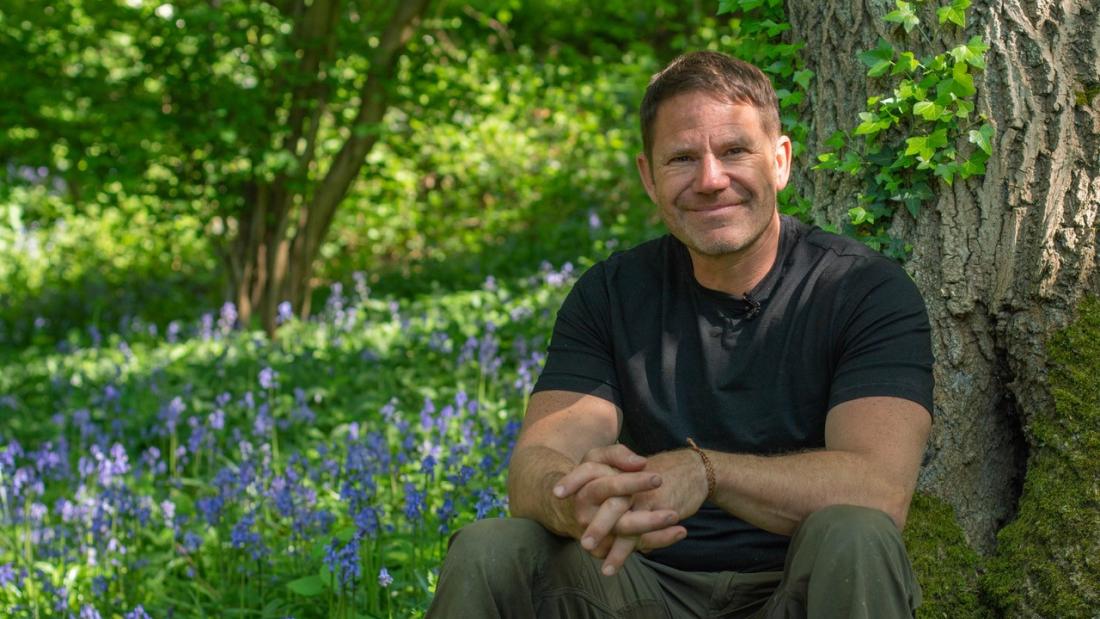Steve, who is an honorary senior lecturer at Bangor University, worked with two academics from the university to write the paper. The researchers revealed a more complicated relationship between giant cowbirds and South American tapirs in the Amazon rainforest, than originally thought.
The cowbirds feed on ticks found on the tapirs' bodies, a behaviour often considered beneficial to both species. However, Steve and his team also observed the cowbirds targeting small wounds on the tapirs' bodies, which might cause harm, particularly if the birds feed on the tapirs' blood.
This suggests the relationship between the two species is not always beneficial to both, but the cowbirds can sometimes act as parasites on the tapirs.
Steve said, “We were filming for a documentary in Suriname when we saw this behaviour for the first time and managed to get it on film. I realised this was probably the first time it had even been recorded, so I got in touch with my colleagues at Bangor University and we worked on getting it published in a scientific paper".
He added "It was great working with the two academics at Bangor – as they clearly share my passion for the natural world, which is one of the reasons I love Bangor University so much. "
Dr Mark Mainwaring, the paper’s main co-author, said: “We’re incredibly lucky to have Steve as a colleague here at Bangor as he is such a knowledgeable naturalist. Writing a paper with him was great as this was a real world-first recording of such a behaviour.”
“Plus, when my nieces, who are huge fans of Deadly 60, found out I was working with Steve Backshall they thought I was seriously cool – probably for the first time in my life!” he added.
The paper, “A Newly Discovered Symbiotic Relationship Between Giant Cowbirds (Molothrus oryzivorus) and South American Tapirs (Tapirus terrestris) in Suriname” is in Austral Ecology, and is the first Steve has published with colleagues from Bangor University.
Co-author, Professor Christian Dunn, said: “Having Steve Backshall as an honorary senior lecturer at Bangor not only means our students get to spend time with him, but we get the opportunity to do genuinely groundbreaking research with a world-leading naturalist.”

